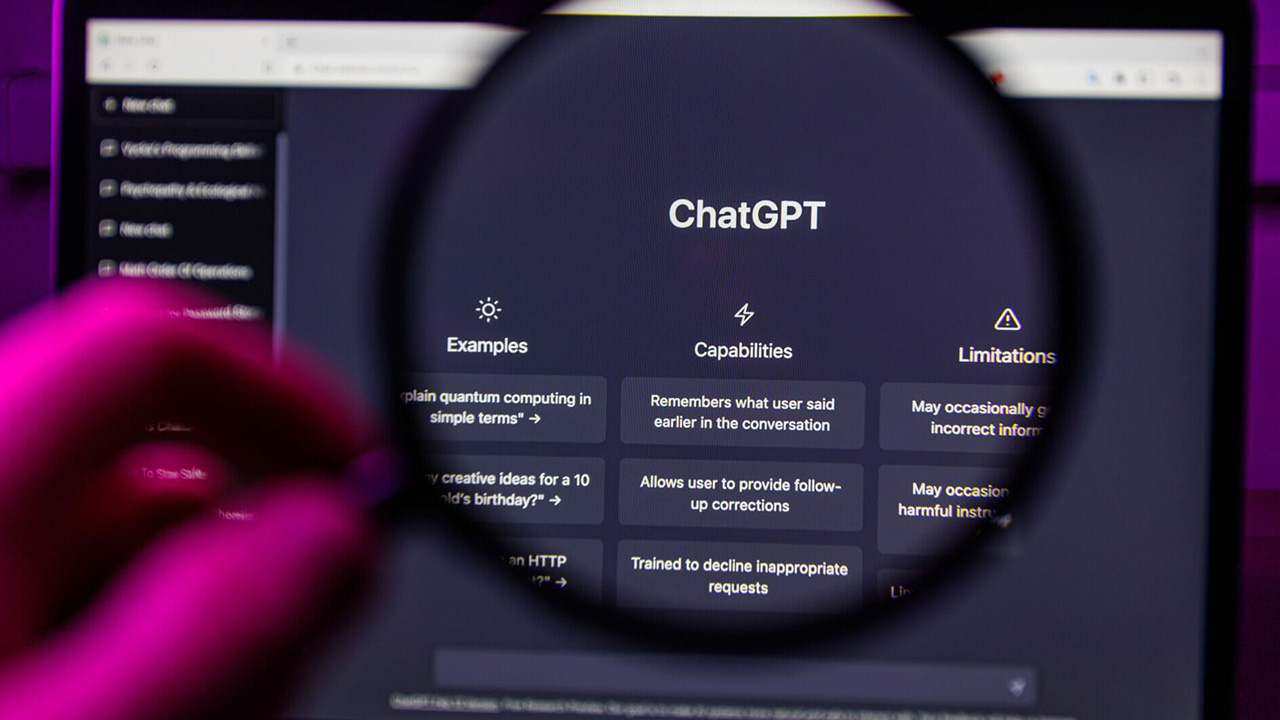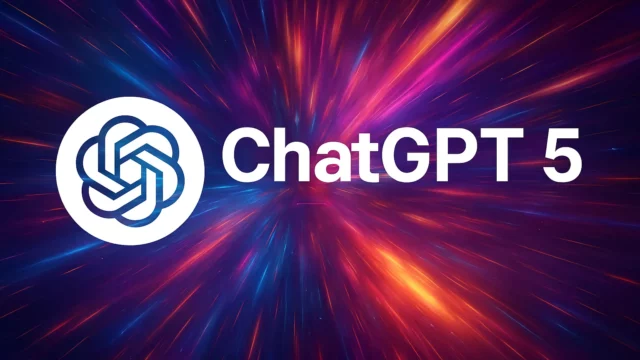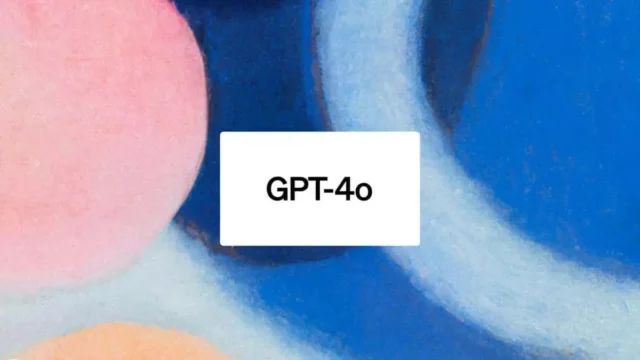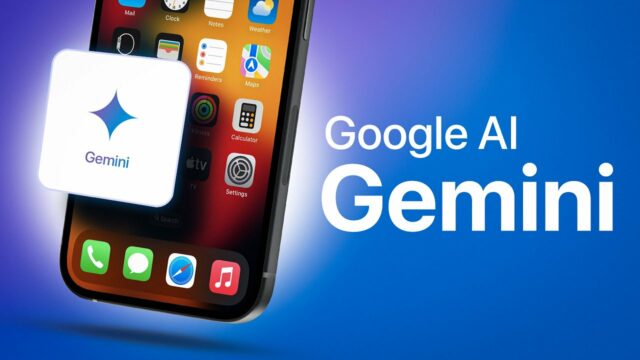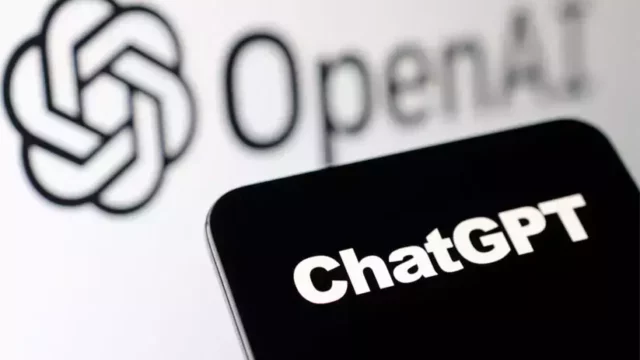OpenAI strengthens the voice reading feature with Voice Generation, the voice cloning artificial intelligence model it recently developed for ChatGPT. Voice Generation can create a synthetic voice by taking only a 15-second sample of people’s voices. Voice Engine has limited access.
ChatGPT feature, which can clone voices in just 15 seconds, will be used for research purposes
Companies with limited access to Voice Engine include education technology firm Age of Learning, visual storytelling platform HeyGen, healthcare software maker Dimagi, AI communication app developer Livox, and healthcare system Lifespan.

These companies are exploring the potential of the technology by using Voice Engine for different purposes. Age of Learning, for example, is using the technology to create pre-written voice-over content and deliver personalized responses for learners.
OpenAI started developing the Voice Engine in late 2022 and so far it has been used in many areas, such as the text-to-speech API and ChatGPT’s Read Aloud feature. This new technology is seen as a revolutionary step in AI because it offers the ability to synthesize a realistic voice with just a short audio sample.
However, the use of this new technology also raises some ethical and security concerns. In particular, there is a risk that AI-generated voices could be confused with real voices and used for the wrong purposes.
For this reason, OpenAI requires companies using the Voice Engine to comply with certain usage policies. For example, they must clearly state that the voices produced using the Voice Engine are AI-generated and obtain permission from the original speaker.
Let’s take a look at the original voice shared by The Verge and the recordings produced from that voice.
Original voice
AI-generated voice recordings:
What do you think about ChatGPT voice cloning? Please share your thoughts with us in the comments section below.


